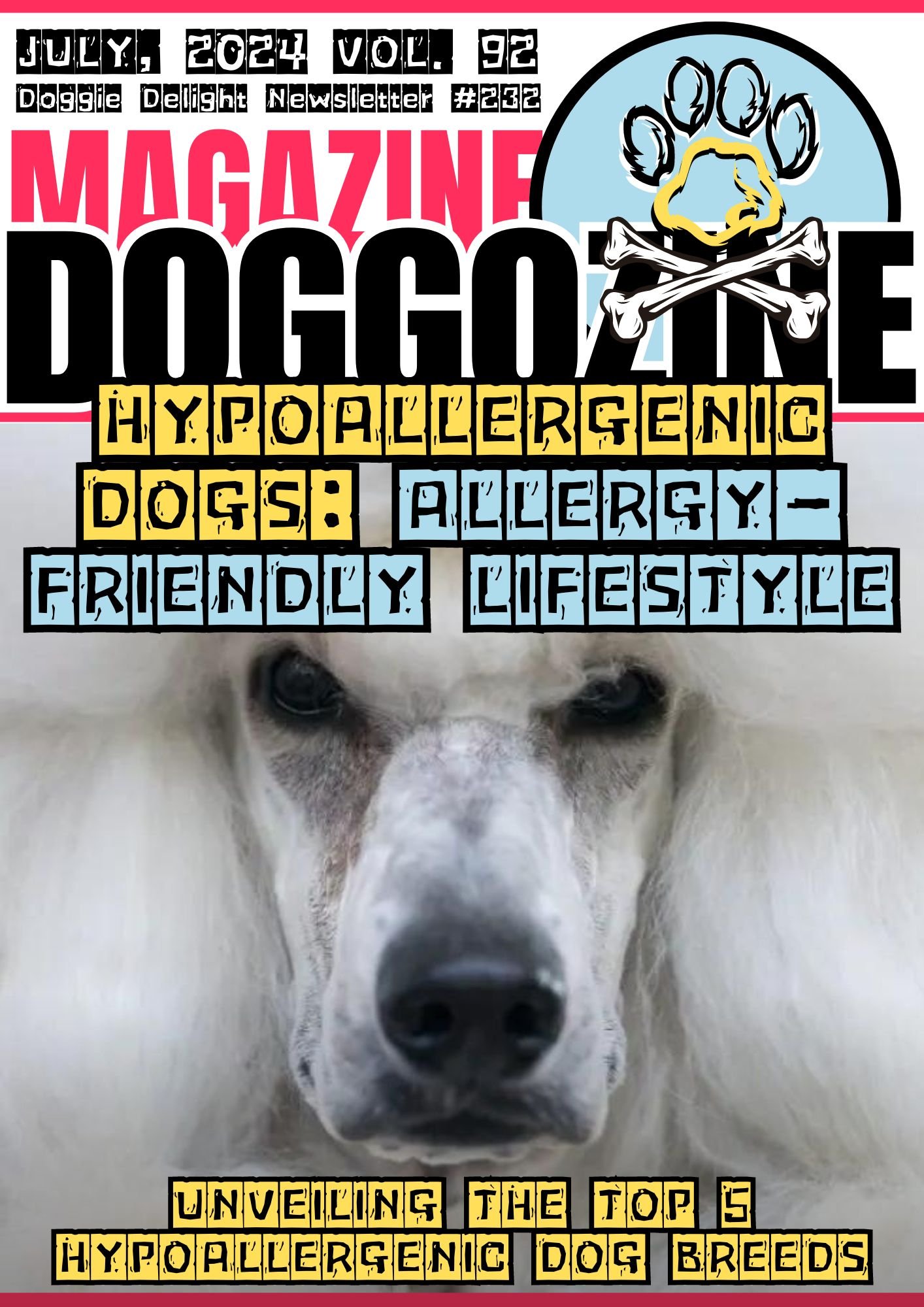
DOGGOZILA MAGAZINE GUIDE FOR TAKING CARE OF HYPOALLERGENIC DOGS
Are you tired of sneezing, itching, and dealing with allergies but can’t bear the thought of giving up on the joy of having a furry companion by your side? Picture a world where you can enjoy the love and affection of a four-legged friend without the constant battle against allergens. In our comprehensive guide for hypoallergenic dogs, we’re about to unveil the perfect solution for allergy sufferers seeking a pet-friendly lifestyle.
Unveiling The Top 5 Hypoallergenic Dog Breeds
As we navigate through the concept of hypoallergenic dogs and explore the characteristics of breeds like the intelligent Poodle, affectionate Yorkshire Terrier, and easy-going Shih Tzu, you’ll discover the key to a harmonious relationship with your furry friend. With practical tips on grooming, maintaining a clean living space, and managing allergies effectively, this guide is designed to make your journey into allergy-friendly pet ownership a breeze.
Get ready to embrace a life filled with love, joy, and the delightful companionship of a hypoallergenic dog that perfectly fits your lifestyle. Let’s embark on this adventure together and create a healthier, happier home for you and your furry companion.
Definition of Hypoallergenic Dogs
If you’re an allergy sufferer longing for the companionship of a furry friend, you may have heard the term “hypoallergenic dog” thrown around. But what exactly does it mean? Hypoallergenic dogs are breeds that are considered less likely to trigger allergic reactions in people. These dogs produce fewer allergens, such as dander, saliva, and urine, compared to other breeds.
However, it’s essential to understand that there’s no such thing as a completely allergen-free dog. All dogs, regardless of breed, produce some level of allergens. The concept of a truly hypoallergenic dog is a myth. That being said, some breeds are indeed less allergenic than others. These dogs typically have non-shedding or low-shedding coats, which means they release fewer allergens into the environment.
Examples of popular hypoallergenic breeds include Poodles, Bichon Frises, and Malteses. These dogs have hair instead of fur, which grows continuously and requires regular grooming to prevent matting. It’s crucial for allergy sufferers to spend time with a dog before bringing them home to gauge their reaction. Even within hypoallergenic breeds, individual dogs may trigger allergies differently.
🔑 Key Points: While no dog is entirely allergen-free, hypoallergenic breeds produce fewer allergens and can be a better choice for allergy sufferers.
What Makes a Dog Hypoallergenic?
So, what exactly sets hypoallergenic breeds apart from their allergy-triggering counterparts? It all comes down to the dog’s coat and the amount of allergens they produce. Hypoallergenic dogs typically have hair instead of fur. This distinction is important because hair grows continuously and sheds less than fur. Less shedding means fewer allergens released into the environment.
Another factor is the dog’s saliva and dander. Some breeds produce less of these allergens, making them more suitable for allergy sufferers. Breeds like Poodles, Bichon Frises, and Yorkshire Terriers are known for their low-shedding coats. These dogs require regular grooming to maintain their coat’s health and minimize allergens.
Hairless varieties, such as the American Hairless Terrier and the Xoloitzcuintli, are also considered hypoallergenic. With little to no hair, these breeds produce minimal dander and are easy to groom. It’s important to note that while hypoallergenic breeds may produce fewer allergens, they still require regular grooming and maintenance. Frequent brushing and bathing can help reduce allergens and keep your home allergy-friendly.
💡 Key Takeaways: Hypoallergenic dogs have low-shedding coats, produce fewer allergens in their saliva and dander, and require regular grooming to minimize allergy triggers.
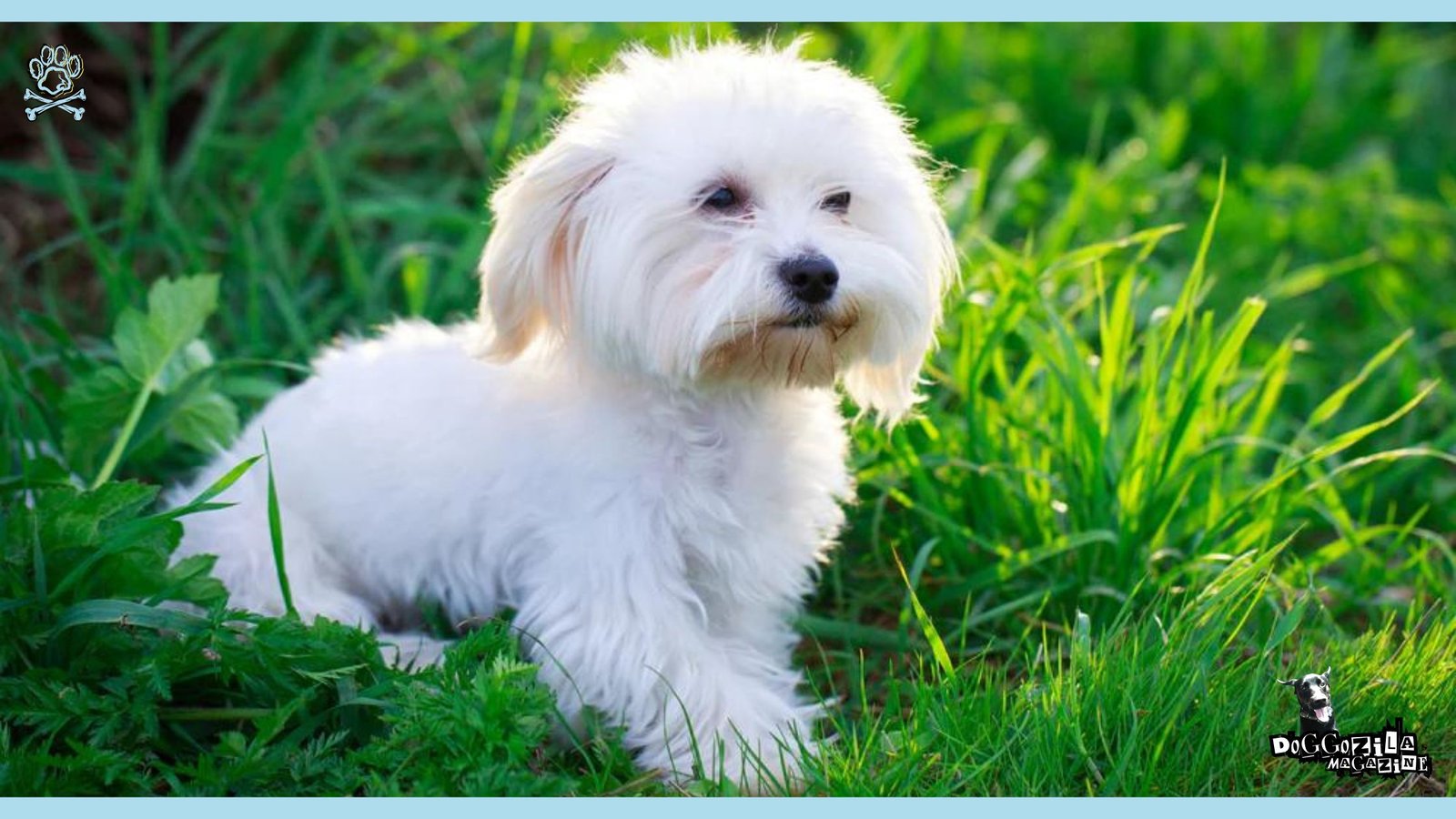
TOP 5 HYPOALLERGENIC DOG BREEDS: AN OVERVIEW
Poodle
Poodles are a popular choice for allergy sufferers due to their hypoallergenic curly coat. These intelligent dogs come in three sizes: Standard, Miniature, and Toy. Poodles are known for their loyalty, intelligence, and adaptability. They excel in various roles, from family companions to service dogs.
Their coat requires regular grooming to maintain its shape and prevent matting. Poodles should be brushed every few days and clipped every 6-8 weeks. With proper care and attention, Poodles make excellent companions for allergy sufferers seeking an intelligent, affectionate, and low-shedding dog.
🔑 Key Points: Poodles are intelligent, adaptable dogs with hypoallergenic curly coats that require regular grooming.
Yorkshire Terrier
Yorkshire Terriers, affectionately known as “Yorkies,” are small in size but big in personality. These spunky little dogs are known for their long, silky coat that requires regular brushing. Despite their long coat, Yorkies are considered hypoallergenic due to their low-shedding hair. They are an excellent choice for allergy sufferers who want a small, affectionate breed.
Yorkies are loyal, intelligent, and energetic. They thrive on human companionship and make excellent apartment dogs. Regular grooming is essential to maintain their coat’s health and prevent matting. Yorkies should be brushed daily and trimmed every few months.
🔑 Key Points: Yorkshire Terriers are small, affectionate dogs with low-shedding coats that require daily brushing and regular trimming.
Shih Tzu
Shih Tzus are another small breed known for their hypoallergenic coat. These dogs have long hair that requires regular grooming to prevent matting. Despite their long coat, Shih Tzus are considered low-maintenance in terms of shedding. They are an excellent choice for allergy sufferers who want the companionship of a small, affectionate dog.
Shih Tzus are known for their friendly, outgoing personalities. They love being around people and make excellent lap dogs. Regular brushing and trimming are necessary to keep their coat healthy and tangle-free. Shih Tzus should be brushed several times a week and trimmed every few months.
🔑 Key Points: Shih Tzus are small, friendly dogs with low-shedding coats that require regular brushing and trimming.
Bichon Frise
Bichon Frises are small, fluffy dogs with hypoallergenic curly hair. These cheerful little dogs are known for their friendly, outgoing personalities. Bichon Frises are an excellent choice for allergy sufferers who want a small dog with a low-shedding coat. Their curly hair requires regular grooming to prevent matting.
These dogs are intelligent, easy to train, and adapt well to various living situations. They thrive on human companionship and make excellent apartment dogs. Bichon Frises require regular exercise and mental stimulation to stay happy and healthy. Daily walks and playtime are essential for their well-being.
🔑 Key Points: Bichon Frises are small, friendly dogs with hypoallergenic curly hair that require regular grooming and exercise.
Miniature Schnauzer
Miniature Schnauzers are intelligent, energetic dogs with a hypoallergenic soft coat. These small dogs are known for their loyalty, trainability, and adaptability. Miniature Schnauzers are an excellent choice for allergy sufferers who want a small, low-shedding dog with a fun-loving personality. Their soft coat requires regular grooming to maintain its texture and prevent matting.
These dogs are easy to train and excel in various activities, from obedience to agility. They are also excellent watchdogs, alerting their owners to any potential threats. Miniature Schnauzers require regular exercise and mental stimulation to stay happy and healthy. Daily walks and playtime are essential for their well-being.
🔑 Key Points: Miniature Schnauzers are intelligent, energetic dogs with hypoallergenic soft coats that require regular grooming and exercise.
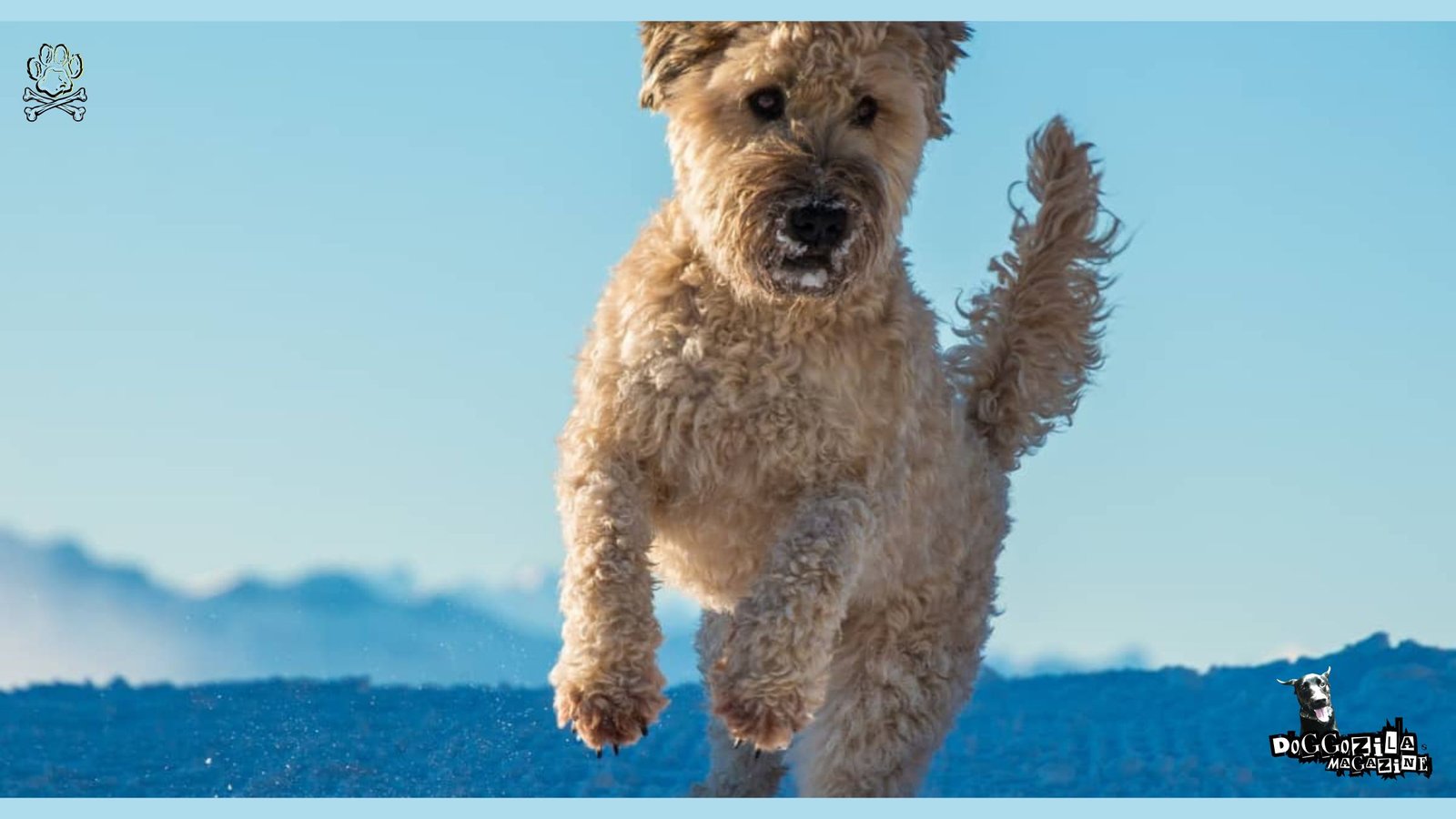
CARE AND GROOMING TIPS FOR HYPOALLERGENIC DOGS
While hypoallergenic dogs produce fewer allergens, they still require regular care and grooming to maintain their coat’s health and minimize allergy triggers.
Here are some essential tips for caring for your hypoallergenic furry friend:
Brush Regularly
Regular brushing is crucial for maintaining your hypoallergenic dog’s coat. Brushing helps remove loose hair, distribute natural oils, and prevent matting. The frequency of brushing depends on your dog’s coat type and length.
For example, Poodles and Bichon Frises require daily brushing to prevent tangles and maintain their curly coats. Yorkshire Terriers and Shih Tzus, with their long, silky hair, should be brushed several times a week.
Bathe As Needed
Hypoallergenic dogs typically require less frequent bathing than other breeds. Over-bathing can strip their coat of natural oils, leading to dryness and irritation. Aim to bathe your dog every 4-6 weeks, or as needed based on their lifestyle and coat condition.
Use a mild, hypoallergenic shampoo specifically designed for dogs to avoid irritating their skin. Thoroughly rinse the shampoo and ensure your dog is completely dry before brushing.
Trim and Clip Regularly
Many hypoallergenic breeds require regular trimming and clipping to maintain their coat’s shape and prevent overgrowth. Poodles, for example, need to be clipped every 6-8 weeks to keep their coat manageable.
If you’re not comfortable trimming your dog’s coat yourself, consider taking them to a professional groomer. A skilled groomer can help maintain your dog’s coat and keep them looking their best.
Maintain a Clean Environment
In addition to grooming your hypoallergenic dog, it’s essential to maintain a clean environment to minimize allergens. Regular vacuuming, dusting, and washing of bedding can help reduce allergens in your home.
Consider using air purifiers with HEPA filters to remove allergens from the air. Restrict your dog’s access to certain areas, such as bedrooms, to create allergy-free zones.
🔑 Key Points: Regular brushing, bathing, trimming, and maintaining a clean environment are essential for managing allergies and keeping your hypoallergenic dog’s coat healthy.
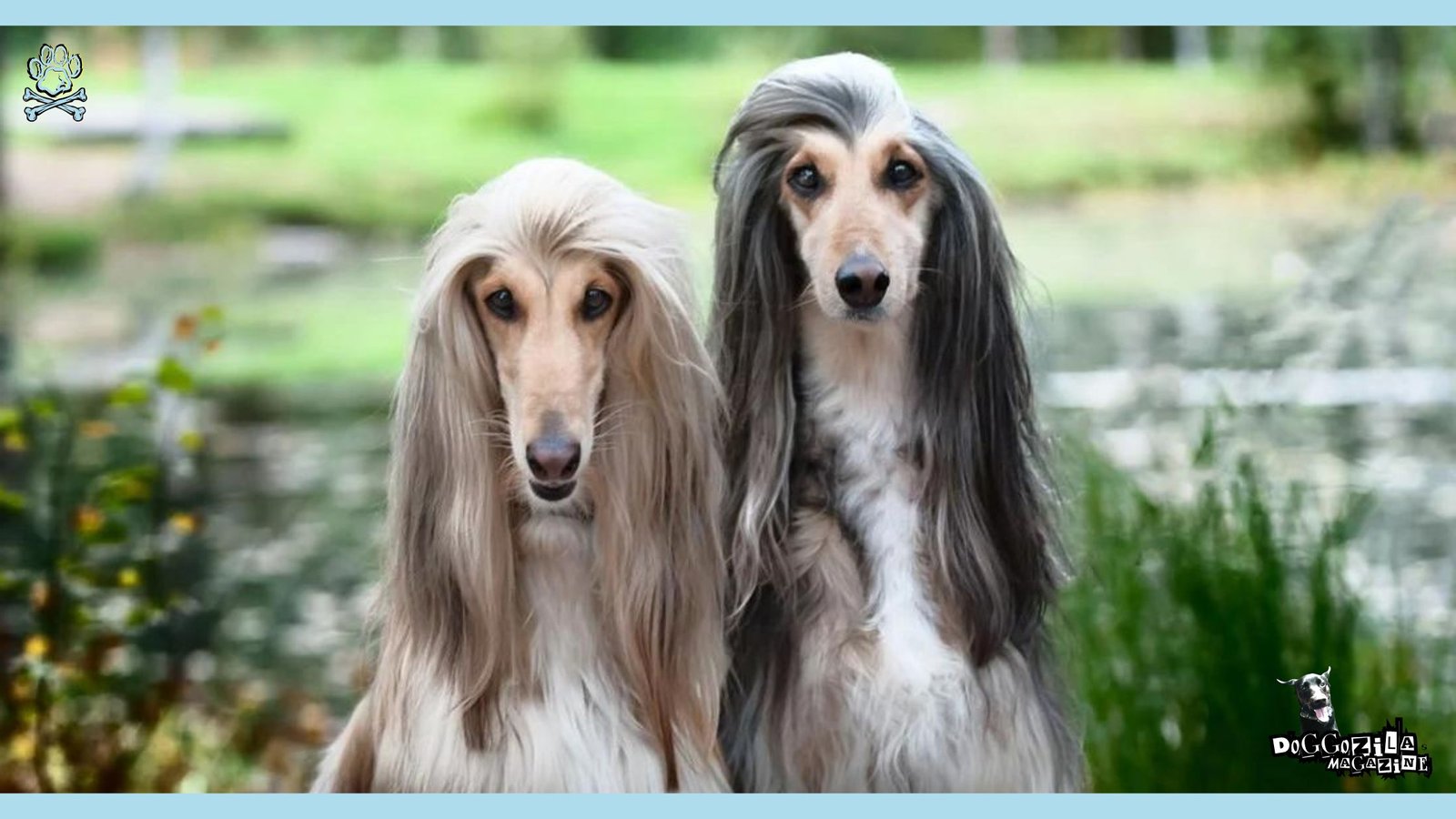
OTHER NOTEWORTHY HYPOALLERGENIC BREEDS
While the top 5 hypoallergenic breeds are popular choices, there are several other breeds worth considering for allergy sufferers.
Check some of them below:
Giant Schnauzer
Giant Schnauzers are large, athletic dogs with a hypoallergenic wiry coat. These intelligent, loyal dogs require regular exercise and mental stimulation. Their coat needs regular brushing and trimming to maintain its texture and prevent matting.
🔑 Key Points: Giant Schnauzers are large, athletic dogs with hypoallergenic wiry coats that require regular exercise and grooming.
Portuguese Water Dog
Portuguese Water Dogs are medium-sized, intelligent dogs with a hypoallergenic curly coat. These affectionate, energetic dogs were originally bred for water work. Their coat requires regular brushing and trimming to prevent matting and maintain its shape.
🔑 Key Points: Portuguese Water Dogs are medium-sized, intelligent dogs with hypoallergenic curly coats that require regular grooming.
Irish Water Spaniel
Irish Water Spaniels are medium-sized, active dogs with a hypoallergenic curly coat. These intelligent, affectionate dogs were originally bred for water retrieval. Their coat requires regular brushing and trimming to prevent matting and maintain its shape.
🔑 Key Points: Irish Water Spaniels are medium-sized, active dogs with hypoallergenic curly coats that require regular grooming.
American Hairless Terrier
American Hairless Terriers are small, energetic dogs with hairless or low-shedding coats. These friendly, intelligent dogs are easy to groom and require minimal coat maintenance. They are an excellent choice for allergy sufferers who prefer a small, low-maintenance dog.
🔑 Key Points: American Hairless Terriers are small, energetic dogs with hairless or low-shedding coats that require minimal grooming.
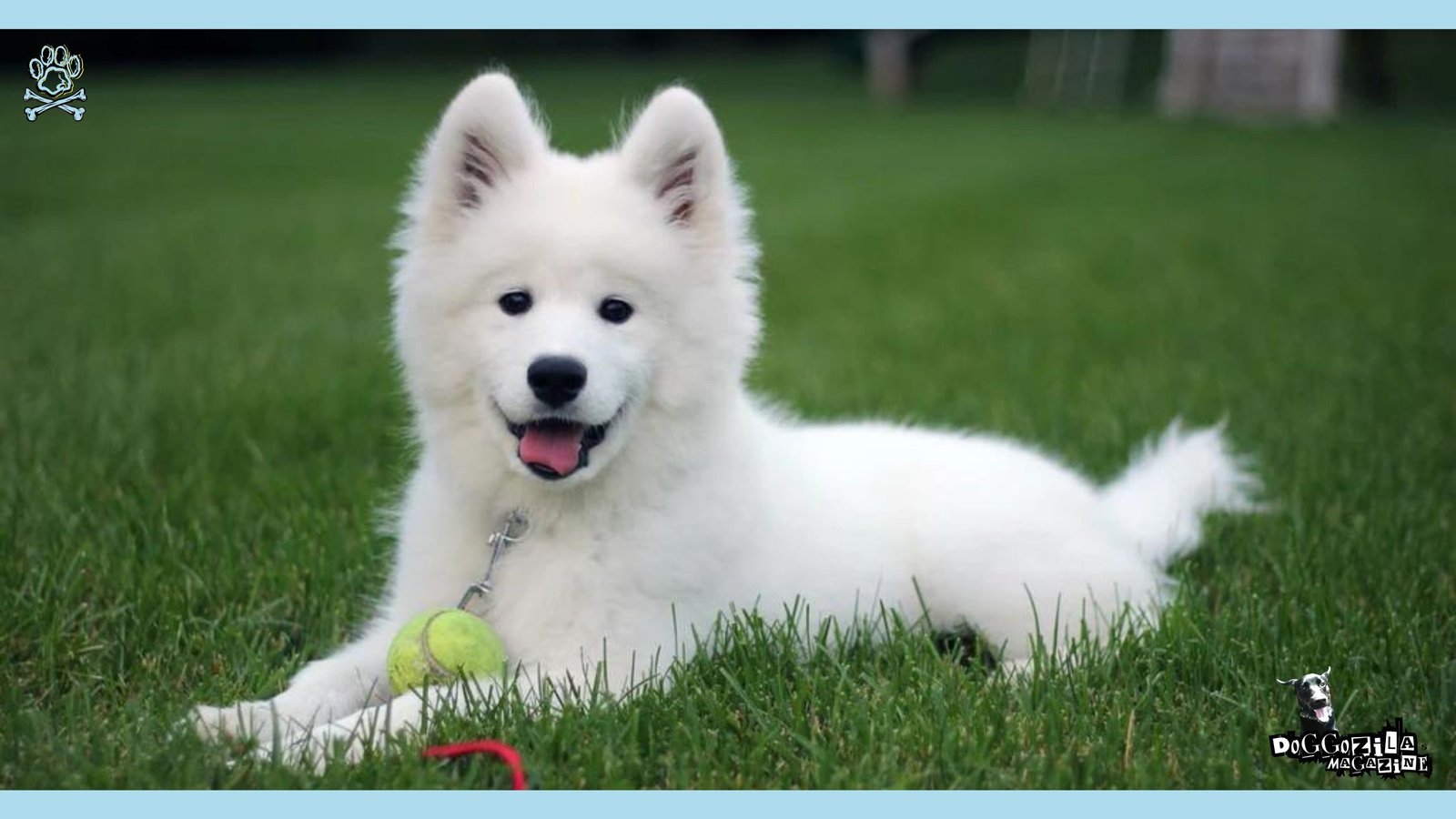
LIVING WITH HYPOALLERGENIC DOGS: HEALTH BENEFITS
Living with a hypoallergenic dog can offer several health benefits for allergy sufferers. Studies have shown that exposure to dogs early in life can help reduce the risk of developing allergies and asthma.
Dogs improve your immune system
According to the Allergy Foundation of America, having a dog in the home can help improve your immune system and reduce stress levels. The companionship and unconditional love provided by a furry friend can have positive effects on mental health and overall well-being.
However, it’s essential to consult with your healthcare provider before bringing a hypoallergenic dog into your home. While these breeds produce fewer allergens, individual reactions may vary. Your doctor can help you develop a management plan and recommend appropriate medications or treatments.
🔑 Key Points: Living with a hypoallergenic dog can offer health benefits, such as reduced allergy risk and improved mental well-being, but consulting with a healthcare provider is essential for proper allergy management.
Common Myths About Hypoallergenic Dogs Debunked
Despite the growing popularity of hypoallergenic dogs, several myths and misconceptions surrounding these breeds persist.
Let’s debunk some common myths:
- Myth 1: Hypoallergenic dogs are completely allergen-free. As mentioned earlier, there’s no such thing as a completely allergen-free dog. All dogs produce some level of allergens, regardless of breed. Hypoallergenic dogs simply produce fewer allergens than other breeds.
- Myth 2: Hypoallergenic dogs don’t shed at all. While hypoallergenic dogs typically have low-shedding coats, they still shed to some degree. The amount of shedding varies among individual dogs and breeds. Regular grooming is essential to minimize shedding and allergens.
- Myth 3: Hypoallergenic dogs are suitable for all allergy sufferers. While hypoallergenic dogs are a better choice for allergy sufferers, individual reactions may vary. Some people may still experience allergic symptoms, even with a hypoallergenic breed. It’s crucial to spend time with a dog before bringing them home to gauge your reaction.
🔑 Key Points: Hypoallergenic dogs are not completely allergen-free, do shed to some degree, and may not be suitable for all allergy sufferers. Understanding these myths is essential for making an informed decision about bringing a hypoallergenic dog into your home.
Finding the Right Hypoallergenic Dog for Your Lifestyle
When choosing a hypoallergenic dog, it’s essential to consider your lifestyle and living situation. Different breeds have varying energy levels, grooming needs, and exercise requirements. For example, if you live in a small apartment, a Bichon Frise or Shih Tzu may be a better choice than a Giant Schnauzer or Portuguese Water Dog. These smaller breeds adapt well to apartment living and require less space for exercise.
If you have an active lifestyle and enjoy outdoor activities, a Poodle or Irish Water Spaniel may be a good fit. These breeds are energetic and thrive on physical exercise and mental stimulation. It’s also important to consider the time and effort you can dedicate to grooming. Some hypoallergenic breeds, like Poodles and Bichon Frises, require regular grooming to maintain their coat’s health and appearance.
Ultimately, finding the right hypoallergenic dog for your lifestyle involves researching breeds, considering your living situation, and assessing your ability to meet their needs. Consulting with a reputable breeder or adoption organization can help you find the perfect hypoallergenic companion.
🔑 Key Points: Choosing the right hypoallergenic dog for your lifestyle involves considering factors such as living situation, activity level, and grooming requirements. Research and consultation with experts can help you find the perfect match.
Hypoallergenic Dogs and Allergy Management
While hypoallergenic dogs can be a great choice for allergy sufferers, they are just one part of a comprehensive allergy management plan. It’s essential to work with your healthcare provider to develop a strategy that includes medications, environmental control measures, and lifestyle changes.
If you’re considering bringing a hypoallergenic dog into your home, start by spending time with the breed to gauge your reaction. Visit a breeder or adoption organization and interact with the dogs in person. If possible, bring home a blanket or toy with the dog’s scent to test your response.
Allergy-Friendly Environment For Hypoallergenic Dogs
Once you’ve brought your hypoallergenic dog home, create an allergy-friendly environment.
This may include:
- Regular vacuuming and dusting
- Using air purifiers with HEPA filters
- Washing bedding and soft furnishings frequently
- Restricting your dog’s access to certain areas, such as bedrooms
In addition to environmental control measures, your healthcare provider may recommend medications or immunotherapy to manage your allergies. Over-the-counter antihistamines, nasal sprays, and eye drops can help relieve symptoms. In some cases, allergy shots may be necessary to build up tolerance to allergens.
🔑 Key Points: Hypoallergenic dogs are just one part of a comprehensive allergy management plan. Working with your healthcare provider, creating an allergy-friendly environment, and using appropriate medications can help you successfully live with a hypoallergenic dog.
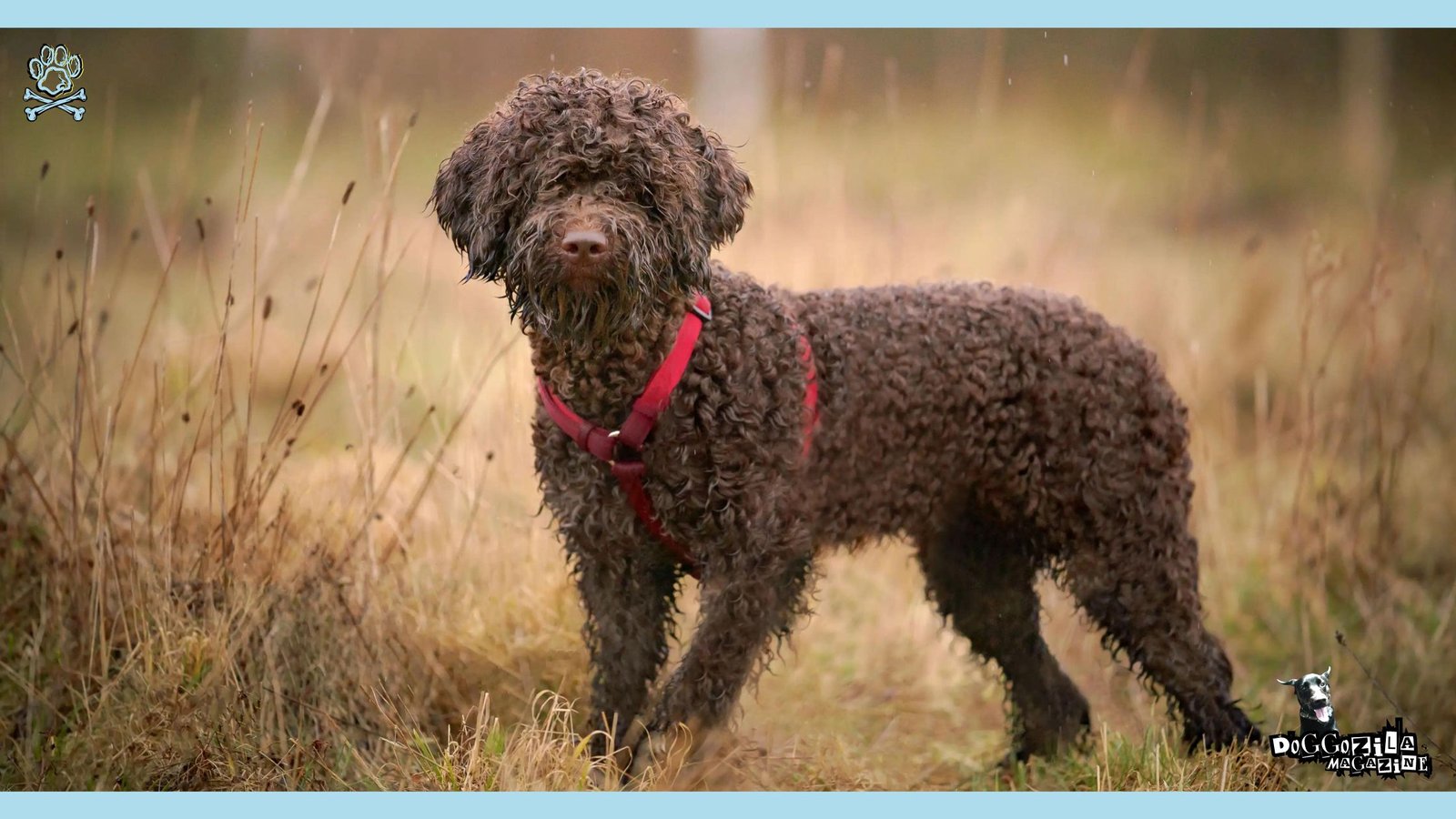
FUTURE OF HYPOALLERGENIC DOG BREEDS
As our understanding of dog allergies continues to grow, so does the potential for developing new hypoallergenic breeds. Advances in gene editing and selective breeding may lead to the creation of dogs with even fewer allergens.
New Gene Studies for Hypoallergenic Dogs
Recent studies have identified specific genes associated with allergen production in dogs. By targeting these genes, breeders may be able to develop hypoallergenic breeds with significantly reduced allergen levels.
While the concept of a completely allergen-free dog may still be out of reach, the future of hypoallergenic dog breeds is promising. As research progresses and breeding programs evolve, allergy sufferers may have even more options for finding a suitable furry friend.
A Quick Summary about Hypoallergenic Dogs
In conclusion, understanding the characteristics and care requirements of hypoallergenic dog breeds is crucial for allergy sufferers seeking a furry companion. Our comprehensive guide for hypoallergenic dogs has shed light on the unique traits of breeds like Poodle, Yorkshire Terrier, Shih Tzu, Bichon Frise, and Miniature Schnauzer, making it easier for you to choose the perfect allergy-friendly pet.
By incorporating regular grooming practices, maintaining a clean living environment, and seeking allergy management strategies, you can enjoy the health benefits of owning a hypoallergenic dog. Debunking common myths and promoting the compatibility of these breeds with different lifestyles, we aim to empower you in finding the ideal hypoallergenic dog that suits your needs and preferences.
As you embark on this journey of pet ownership, remember that hypoallergenic dogs not only provide companionship but also contribute to a healthier living space for allergy sufferers.
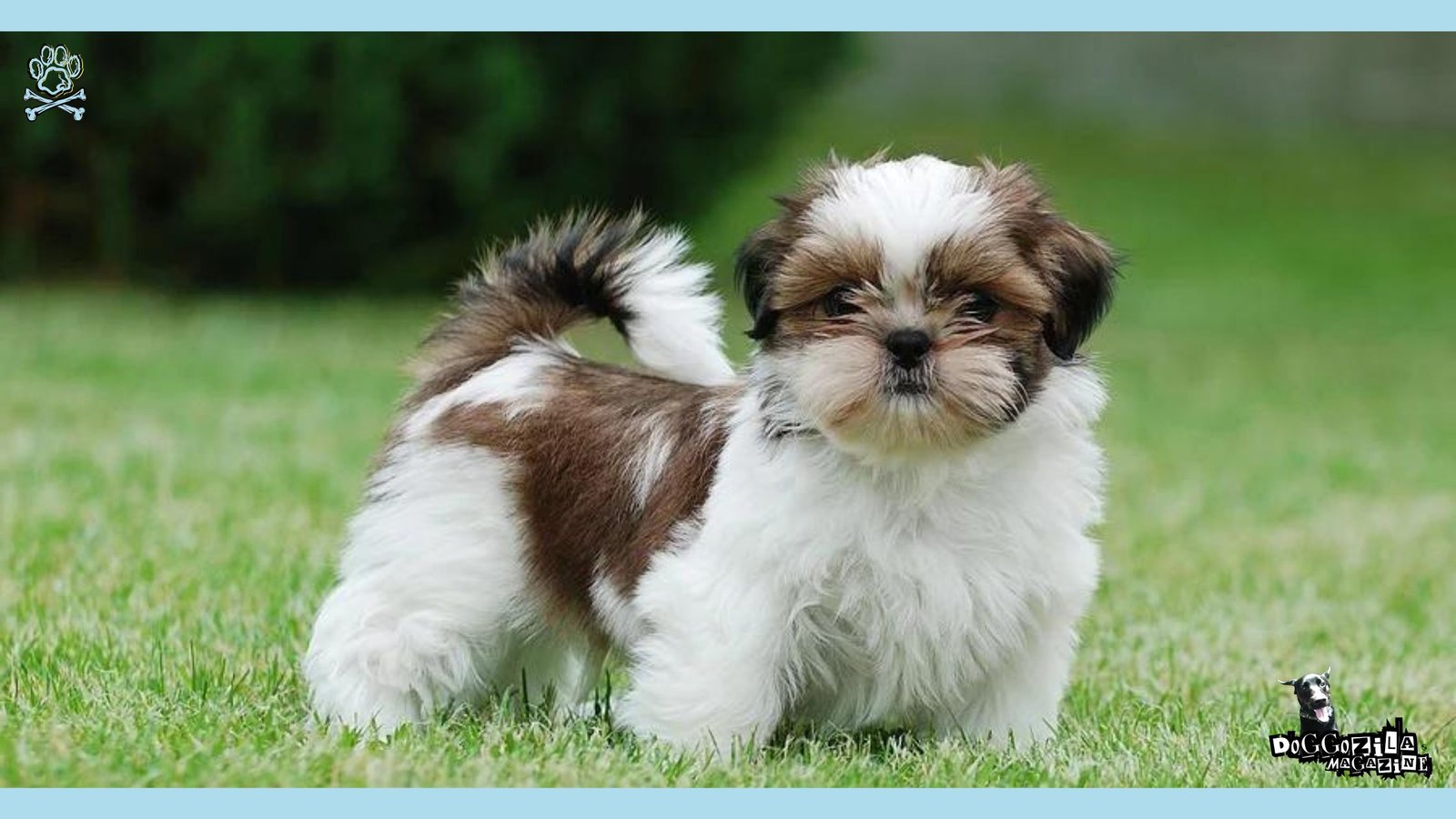
Embrace the joy and love these special breeds bring into your life, making an informed choice that enriches your well-being and enhances your bond with your four-legged friend.









